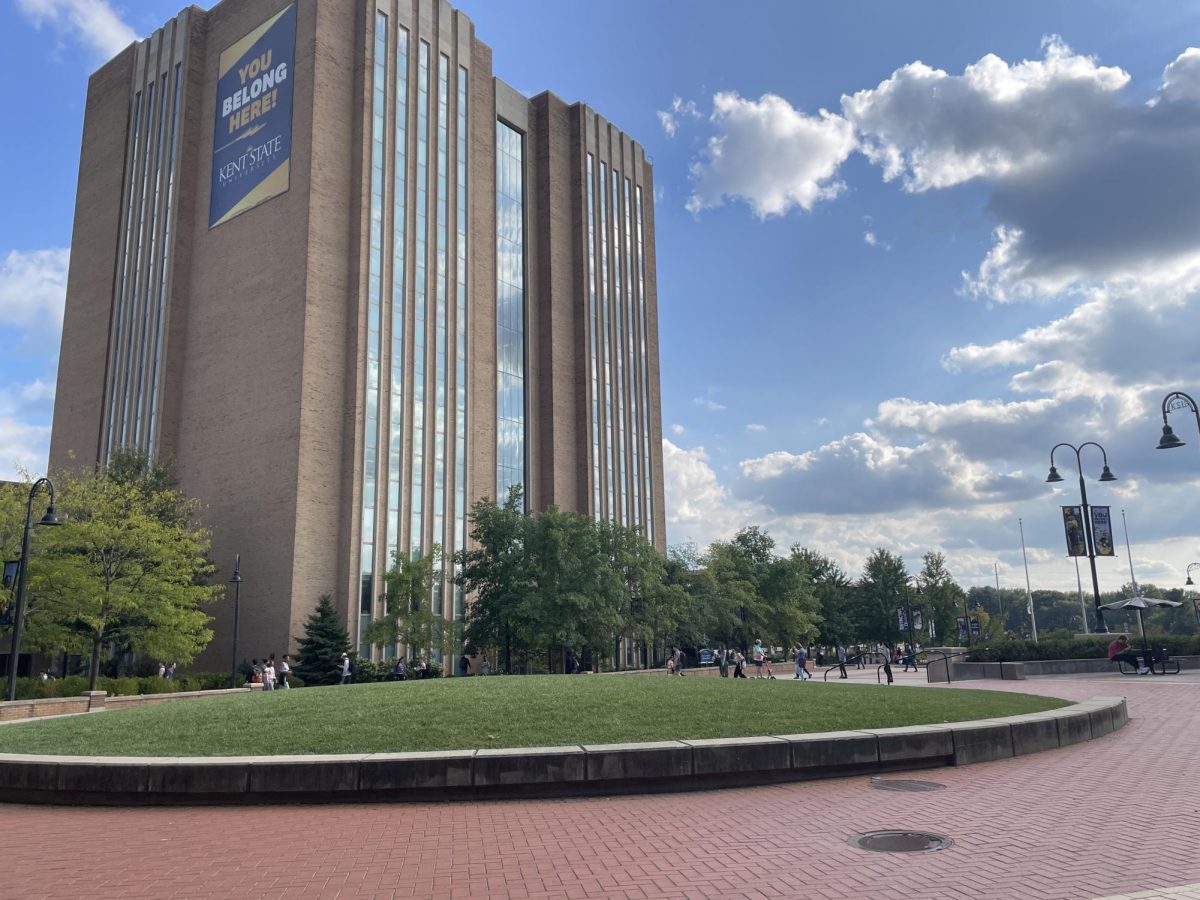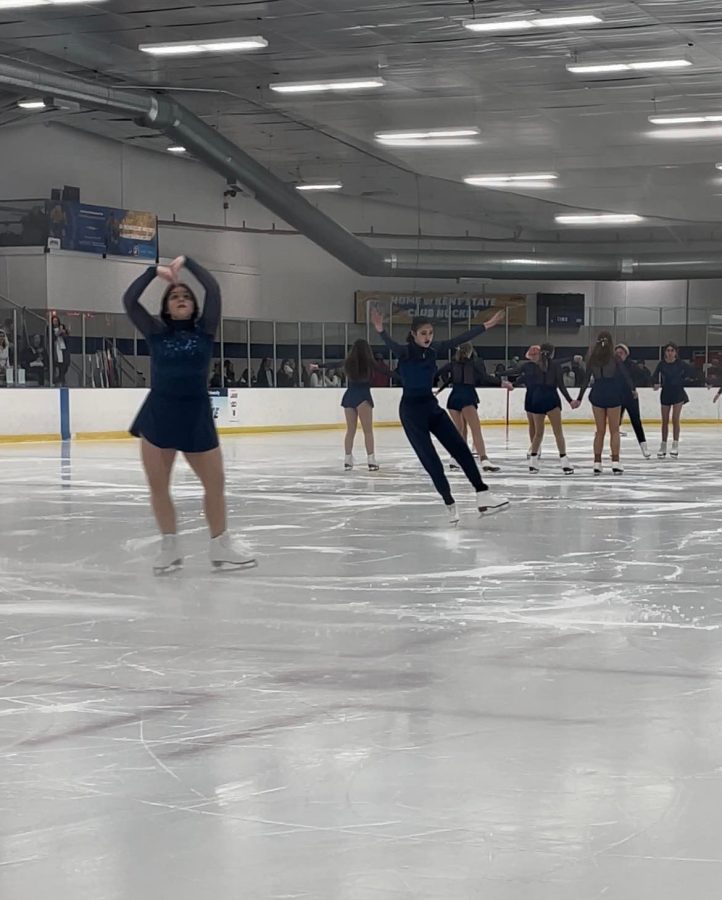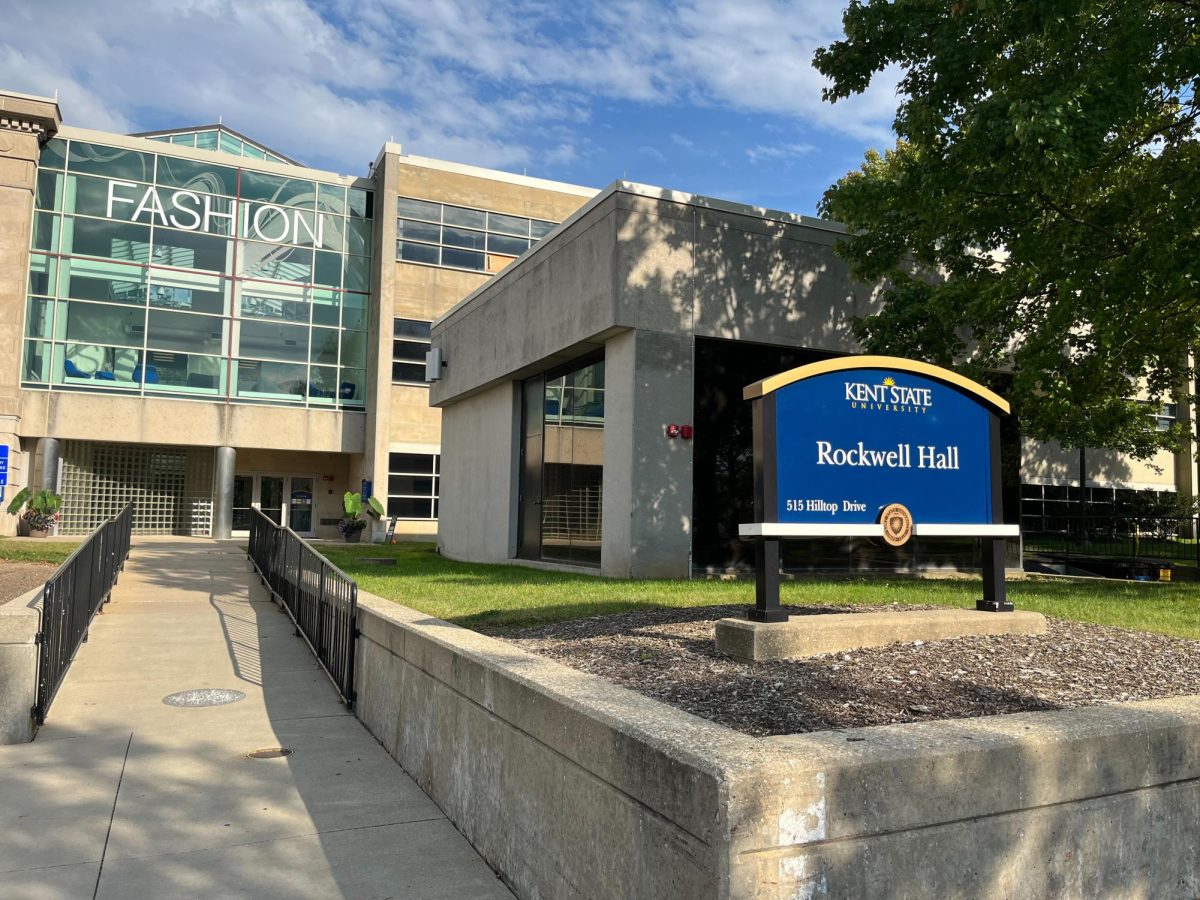The university offers meditation classes to students and faculty through both in-person and online sessions. The classes are held multiple times a week, with in-person and virtual sessions recurring Mondays and Wednesdays.
Meghan Factor-Page, the coordinator of the program and one of its instructors, said there are a lot of misconceptions about the practice of meditation, but at its core, it’s about being present in the moment and addressing your thoughts without the need to become attached to them.
“The purpose of mindfulness and meditation is not to stop your thoughts, the goal is to bring awareness to those thoughts and look at those thoughts with a nonjudgmental lens,” Factor-Page said.
The sessions are led by teachers certified by the Mindfulness Institute For Emerging Adults (MIEA), and the classes go through 11 different types of meditation practices. On Mondays, virtual sessions run from 9-9:30 a.m., and in-person sessions are held from 3:30-4 p.m. in the Center for Undergraduate Excellence CommUNITY Lab lounge. On Wednesdays, virtual sessions are from 4:15-4:45 p.m., and in-person meetings run 10:15-10:45 a.m. in the Williamson House.
Mary Ann Raghanti, another instructor of the meditation program, said there are many benefits of the practice for students, including increased test performance, reduced stress and anxiety and better sleep.
“I think it provides a tremendous amount of grace, so instead of reacting, being able to take a pause, take a moment, and then being able to proceed with a lot more compassion,” Raghanti said.
Factor-Page said the benefits of meditation accrue over time, and there is no right or wrong way to do the practice.
“It’s kind of like going to the gym. You wouldn’t expect to walk out onto the weight floor of the rec center and lift weights for the first time and be able to lift 200 pounds,” she said. “It takes some practice, and you have to build that routine for yourself and build up that skill.”
Raghanti said meditation can help students practice acceptance and allow them to approach their day-to-day lives with grace.
“Acceptance isn’t the same as just passive recognition,” she said. “Acceptance is your ability to see your situation clearly, and once you can see something clearly, you can proceed with wisdom.”
Raghanti said there are still students that reach out from her first year of teaching the program that emphasize to her how impactful the practice has become for them.
“You never know how much impact this is gonna have or how deep it is,” she said. “I expect that all kinds of things have happened that I’m not aware of, but if I can help one person one time, then it’s all worth it.”
Janson McNair is assistant photo editor. Contact him at [email protected].




















